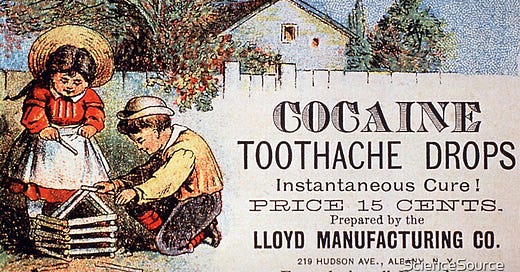My contention is that it is highly arbitrary which drugs our society deems to be ‘good’, and, which as such, are accepted, or at least tolerated, versus those that are categorized as ‘bad’ and which are outlawed, stigmatized, and rejected. To even procure drugs in this latter category is to risk severe criminal entanglements and to be forced to rely on an unregulated, and often unsafe, supply. There are often minimal chemical differences between drugs in the two different groups. The harms and benefits can be quite similar as well.
Many of the same drugs go in and out of vogue, over time, based largely on political, financial, and often racist concerns, rather than health and wellness considerations. The War on Drugs has provided a distorted, corrupt lens through which we have been viewing all of these substances. The DEA oversees much of this and I, truly, can’t envision an agency or entity which manages to botch an accurate assessment of the harms and benefits of any drugs more than they do. They are like a cottage industry feasting off the spoils of criminalization. We should abolish the DEA and come up with something better.
Cannabis was a legal medicine in the United States a century ago, then became illegal in 1937, and now is becoming widely legal again. Cannabis was listed in the U.S. Pharmacopeia (a book that lists currently recognized medicines) in the 1850’s and then stripped from it in the 1940’s.
This occurred as the U.S. Government successfully fabricated a moral panic by associating marihuana with Blacks and Mexicans, who would smoke it and then supposedly become psychotically violent. Cannabis doesn’t typically have this effect on people. This campaign exploited the same racial animus towards the Southern border as we have today.
The criminalization had much more to do with political and economic agendas than with legitimate medical concerns. Fortunately, we are coming (back) to our senses on this plant. There are millions of medicinal cannabis patients in the U.S. alone who, by and large, are enjoying improved symptoms with fewer side effects than they did with conventional pharmaceuticals.
Keep reading with a 7-day free trial
Subscribe to Grinspoon on Drugs to keep reading this post and get 7 days of free access to the full post archives.





